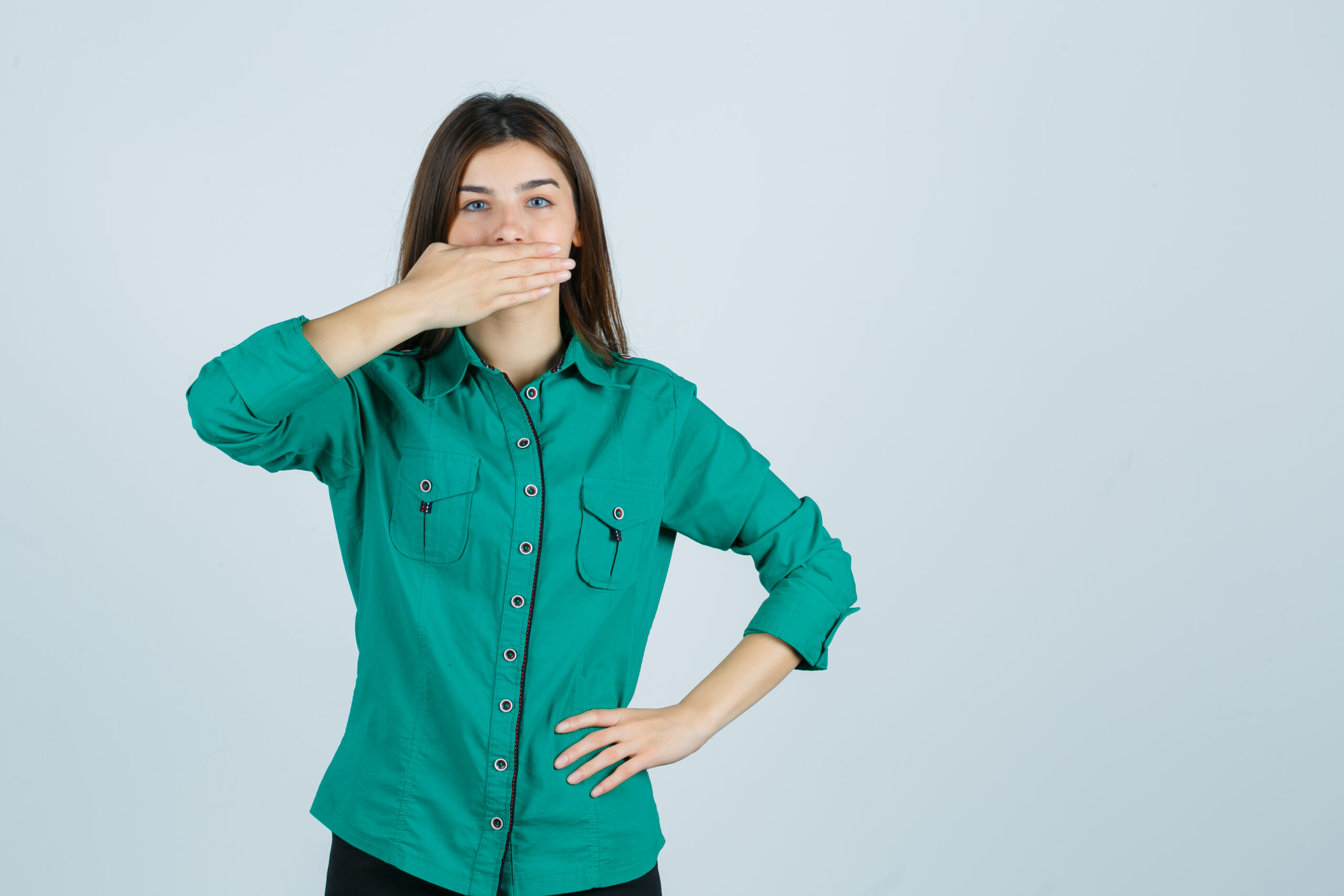Anxiety can manifest in many ways, impacting both the mind and body. One of the less talked about but surprisingly common symptoms is dry mouth. If you’ve ever felt anxious before a big event and noticed your mouth turning into a desert, you’re not alone. But is anxiety really to blame for dry mouth, or is there more to the story? Let’s dive deeper into the connection between does anxiety cause dry mouth, and what you can do about it.
What is Anxiety?
Anxiety is a natural response to stress and a normal part of life. It’s your body’s way of alerting you to potential dangers. However, when anxiety becomes chronic or overwhelming, it can lead to a variety of physical symptoms that affect your day-to-day life.
While we often think of anxiety as just a feeling of worry or nervousness, it can have very real physical effects, like increased heart rate, muscle tension, and digestive issues. Dry mouth is another such symptom that many people with anxiety report experiencing.
What is Dry Mouth?
Dry mouth, medically known as xerostomia, occurs when there’s a reduction in saliva production. Saliva is essential for keeping your mouth moist, aiding digestion, and protecting teeth from decay. When your mouth doesn’t produce enough saliva, it can feel dry, sticky, and uncomfortable.
There are many possible causes of dry mouth, including dehydration, certain medications, and medical conditions like diabetes. But anxiety, as it turns out, can also play a significant role in causing this uncomfortable symptom.
The Connection Between Anxiety and Dry Mouth
When you’re anxious, your body goes into “fight or flight” mode. This is a survival mechanism that helps you react quickly to danger. Your nervous system kicks into high gear, and your body diverts resources away from non-essential functions, like saliva production, to prepare for a quick response.
This stress response can lead to a decrease in saliva, resulting in dry mouth. The more anxious you feel, the more intense the reaction, which is why many people with anxiety often report experiencing dry mouth, especially during periods of heightened stress.
Physical Symptoms of Anxiety
Dry mouth isn’t the only physical symptom of anxiety. Other common physical symptoms include:
- Rapid heartbeat
- Shortness of breath
- Sweating
- Shaking or trembling
- Muscle tension
- Stomach issues
These symptoms are part of your body’s natural stress response, but they can be overwhelming when anxiety becomes a regular part of your life. Dry mouth is just one of the many ways your body might react to ongoing stress.
How Stress and Anxiety Reduce Saliva Production
When you’re stressed or anxious, your brain signals the adrenal glands to release stress hormones like cortisol and adrenaline. These hormones increase your heart rate and blood flow to your muscles, but they also reduce the activity of your salivary glands.
This is why, during times of anxiety or stress, your mouth may feel dry, even if you’re well-hydrated. Essentially, your body is prioritizing other systems over saliva production, which can lead to the uncomfortable sensation of a parched mouth.
Anxiety-Related Behaviors That Can Worsen Dry Mouth
Sometimes, the behaviors associated with anxiety can make dry mouth worse. For example:
Mouth breathing: When anxious, many people tend to breathe through their mouths instead of their noses, especially if they’re hyperventilating. Mouth breathing can quickly dry out the mouth.
Hyperventilation: Rapid, shallow breathing can reduce the flow of saliva and lead to a dry sensation in the mouth.
These behaviors can turn dry mouth into a more persistent issue, especially if anxiety is chronic.
Medications for Anxiety and Dry Mouth
Many medications prescribed for anxiety, such as antidepressants and benzodiazepines, can contribute to dry mouth as a side effect. Drugs like SSRIs or beta-blockers often lead to reduced saliva production, exacerbating the issue for people already dealing with anxiety-induced dry mouth.
The Vicious Cycle: Dry Mouth and Increased Anxiety
Ironically, dry mouth can sometimes make anxiety worse. If you’re already feeling anxious and then notice that your mouth is dry, you might start to worry about what’s causing it. This can spiral into more anxiety, creating a vicious cycle where your stress over dry mouth makes the problem even more pronounced.
Other Causes of Dry Mouth That Can Be Confused With Anxiety
While anxiety is a common cause of dry mouth, other factors can contribute too, such as:
Dehydration: Not drinking enough water can dry out your mouth.
Medical conditions: Diabetes, Sjogren’s syndrome, or nerve damage can also cause dry mouth.
Non-anxiety medications: Antihistamines, diuretics, and some pain medications can lead to a lack of saliva.
If you experience dry mouth frequently, it’s essential to rule out other potential causes.
Short-Term Solutions for Dry Mouth
If you’re dealing with dry mouth due to anxiety, there are some immediate steps you can take:
Stay hydrated: Drink plenty of water throughout the day.
Chew sugar-free gum or candies: This can help stimulate saliva production.
Practice breathing exercises: Controlled breathing can reduce hyperventilation and help keep your mouth moist.
Long-Term Solutions to Manage Anxiety-Related Dry Mouth
Managing anxiety is the key to addressing dry mouth in the long run. Some effective strategies include:

Stress management techniques: Regular meditation, deep breathing exercises, and yoga can help reduce anxiety levels.
Cognitive-behavioral therapy (CBT): CBT is a popular therapy for managing anxiety and learning to cope with stress triggers.
Medications and lifestyle changes: In some cases, medications or natural supplements, alongside a balanced lifestyle, can help control anxiety symptoms.
Dietary Tips to Alleviate Dry Mouth
Your diet can also impact dry mouth. To reduce symptoms:
Avoid caffeinated drinks, alcohol, and tobacco, as these can dry out the mouth.
Incorporate hydrating foods like cucumbers, celery, and watermelon into your diet to help keep your mouth moist.
When to Seek Professional Help
If dry mouth becomes a chronic issue, it’s important to talk to a healthcare provider. They can help determine if anxiety or another underlying issue is causing your symptoms. Addressing both your anxiety and your oral health is essential for overall well-being.
The Importance of Oral Health with Dry Mouth
Dry mouth can increase the risk of tooth decay and gum disease because saliva plays a crucial role in protecting your teeth. Maintaining a good oral hygiene routine, including regular brushing, flossing, and dental check-ups, is vital if you experience dry mouth frequently.
Conclusion
Anxiety and dry mouth are closely connected. The stress response reduces saliva production, and anxiety-related behaviors like mouth breathing can worsen the issue. While it’s uncomfortable, dry mouth can be managed with short-term remedies and long-term strategies to reduce anxiety. Keeping up with oral
hygiene and seeking professional help when necessary can ensure that both your mental and physical health are well cared for.
FAQs
1. Can dry mouth be the first sign of anxiety?
Yes, for some people, dry mouth can be one of the early signs of anxiety, especially during stressful situations.
2. Does everyone with anxiety experience dry mouth?
No, not everyone with anxiety will experience dry mouth. It depends on individual reactions to stress and anxiety.
3. Can dehydration cause both dry mouth and anxiety?
Yes, dehydration can lead to dry mouth, and feeling dehydrated can sometimes increase feelings of anxiety.
4. How long does anxiety-induced dry mouth last?
It varies from person to person. For some, dry mouth may go away once the anxiety subsides, while for others, it may persist longer.
5. What natural remedies help with anxiety-related dry mouth?
Drinking water, practicing deep breathing exercises, and chewing sugar-free gum are some natural ways to alleviate dry mouth caused by anxiety.

